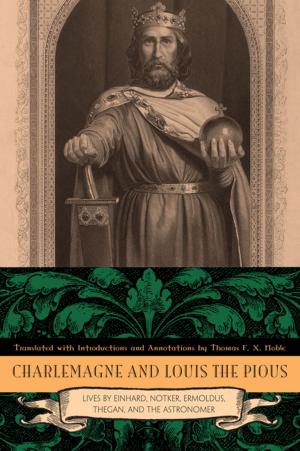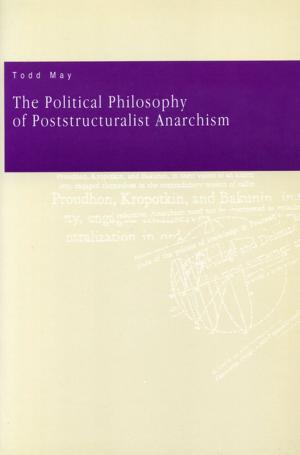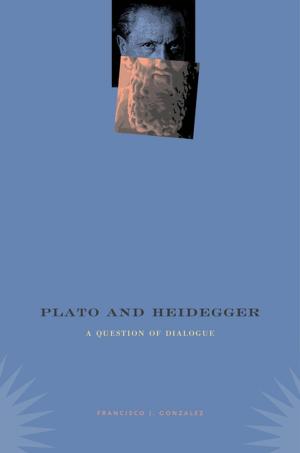Figures of Identity
Goethe’s Novels and the Enigmatic Self
Fiction & Literature, Literary Theory & Criticism, European, German, Theory| Author: | Clark S. Muenzer | ISBN: | 9780271072845 |
| Publisher: | Penn State University Press | Publication: | October 22, 1990 |
| Imprint: | Penn State University Press | Language: | English |
| Author: | Clark S. Muenzer |
| ISBN: | 9780271072845 |
| Publisher: | Penn State University Press |
| Publication: | October 22, 1990 |
| Imprint: | Penn State University Press |
| Language: | English |
The question of coherence in Goethe's novels, which, like Faust, compelled his attention throughout his creative life, has only recently occupied a few critics. Professor Muenzer's study offers the most comprehensive effort of this kind by examining the problematic nature of self-definition through the four novels and its emergence as a discursive process of the imagination.
The self of these texts, Muenzer suggests, evolves as a symbolic construct that records a patter of pursuit for each of their protagonists and orients the reader toward three basic goals of human aspiration. Thus, Werther aspires to purposefulness as a center of teleological fulfillment, while the hero of Wilhelm Meister's Apprenticeship refers to an ideological center of participation in his social desire. Eduard, in The Elective Affinities, presumes to occupy a center of archaeological power through his typically self-assertive strategies.
In the last of his novels, Wilhelm Meister's Journeymanship, Goethe articulates the need to balance all such self-involved behavior with an attitude of self-denial. Apparently, the mind can orient itself through centers of purpose, order, and power, but it must also recognize the illusion of their attainment. Identity does not involve a substantive presence, and the result of self-definition for Goethe is interpretive work.
Each of Professor Muenzer's interpretations has been guided by this premise. The interests of all of Goethe's novelistic protagonists, he concludes, "serve as orienting postures toward goals that cannot be literally achieved." Consequently, symbolic resolutions are proposed. These then introduce new problems as points of departure in subsequent works. The hidden agenda of Goethe's work as a novelist is a self that exists as a textual problem, a series of interpretive moves that endlessly defer the attainment of self presence by supplementing each other in narrative fictions.
The question of coherence in Goethe's novels, which, like Faust, compelled his attention throughout his creative life, has only recently occupied a few critics. Professor Muenzer's study offers the most comprehensive effort of this kind by examining the problematic nature of self-definition through the four novels and its emergence as a discursive process of the imagination.
The self of these texts, Muenzer suggests, evolves as a symbolic construct that records a patter of pursuit for each of their protagonists and orients the reader toward three basic goals of human aspiration. Thus, Werther aspires to purposefulness as a center of teleological fulfillment, while the hero of Wilhelm Meister's Apprenticeship refers to an ideological center of participation in his social desire. Eduard, in The Elective Affinities, presumes to occupy a center of archaeological power through his typically self-assertive strategies.
In the last of his novels, Wilhelm Meister's Journeymanship, Goethe articulates the need to balance all such self-involved behavior with an attitude of self-denial. Apparently, the mind can orient itself through centers of purpose, order, and power, but it must also recognize the illusion of their attainment. Identity does not involve a substantive presence, and the result of self-definition for Goethe is interpretive work.
Each of Professor Muenzer's interpretations has been guided by this premise. The interests of all of Goethe's novelistic protagonists, he concludes, "serve as orienting postures toward goals that cannot be literally achieved." Consequently, symbolic resolutions are proposed. These then introduce new problems as points of departure in subsequent works. The hidden agenda of Goethe's work as a novelist is a self that exists as a textual problem, a series of interpretive moves that endlessly defer the attainment of self presence by supplementing each other in narrative fictions.















